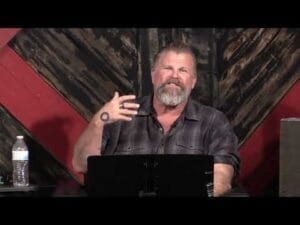
Christian BS, Part 6
Calvinism emphasizes salvation by God's grace for an elect few, limited atonement, irresistible grace, and perseverance of the saints. Critics argue for universal atonement.

Calvinism emphasizes salvation by God's grace for an elect few, limited atonement, irresistible grace, and perseverance of the saints. Critics argue for universal atonement.

Shawn McCraney teaches that all are welcomed in Christ's Body through grace, emphasizing forgiveness of sins, including homosexuality, and focusing on faith and God's truth over societal norms.
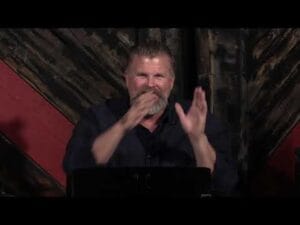
Calvinism emphasizes predestination and God's control over salvation, while Arminianism highlights human free will. The debate questions the morality of predestination.

Shawn McCraney critiques LDS practices, challenges traditional Trinitarian views, emphasizes genuine spiritual pursuit over external judgments, and advocates for theological dialogue.

Critiques Calvinism's divisiveness, stresses contextual scripture understanding, values diverse interpretations, warns against rigid theology, and promotes freedom in faith.
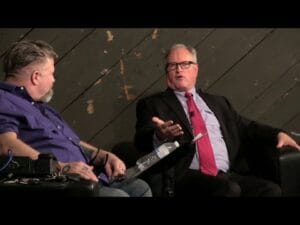
Brother Sam Young shared his LDS background and reasons for protesting the church on Heart of the Matter 2.0, focusing on his personal journey and motivations.
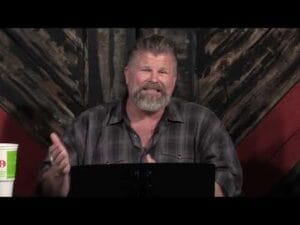
"Born again" is key for heaven, popularized in 19th-century revivals. True rebirth is spiritual, marked by agape love, not rituals. Critiques material focus in faith.

Shawn critiques traditional Trinitarian doctrine, emphasizing One God as Father, Jesus as His Word, and the Spirit as His breath. Focuses on salvation through spiritual reconciliation, not tradition.
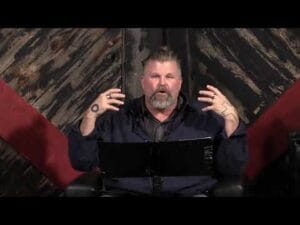
Water baptism is an expression of faith, not salvation; diverse practices exist. It's personal, not institutional. Early Christians relied on the Spirit, not a complete Bible. "Sola Scriptura" caused division; unity and love should prevail.
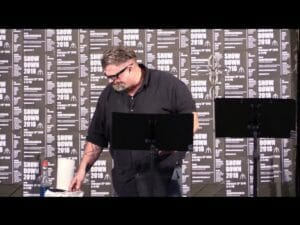
Shawn McCraney redefines Christian living, advocating for an inclusive, post-victory view where all art is Christian, emphasizing grace over law, and embracing abundant life.

The teaching asserts that Jesus' return ended hierarchical church authority, making all believers part of a collective priesthood, guided directly by Christ and the Holy Spirit.
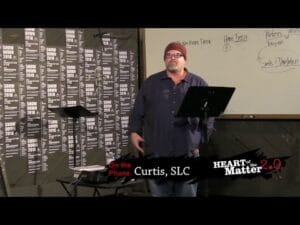
Shawn's teaching focuses on genuine dialogue, understanding Christian truths, moving beyond rituals, prioritizing love, and embracing diverse beliefs for spiritual growth.
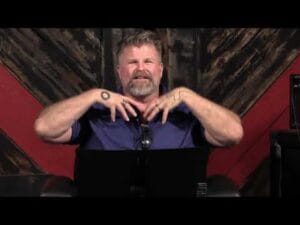
Christianity focuses on a personal, Spirit-led relationship with God, beyond institutions, emphasizing faith and love, acknowledging fulfilled prophecies and church transformation.

Shawn's teachings focus on personal freedom, minimalism, and fulfilled eschatology, rejecting traditional church practices. Emphasizes spiritual growth, sharing faith, and scripture's timeless principles.
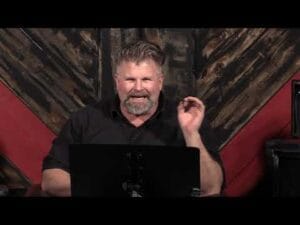
Core Christian teachings: focus on faith in Jesus and love for others, as per New Testament. Simplifies numerous commandments to these two key principles.

Shawn critiques LDS views, emphasizes meeting God through Christ, and contrasts with Joseph Smith by focusing on scripture, rejecting extra-biblical teachings, and promoting spiritual empowerment.
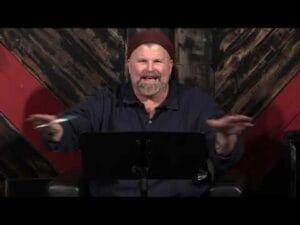
Shawn explains that Jesus' death and resurrection ended Satan's power, fulfilling prophecy and establishing God's dominion. Satan's defeat allows believers to focus on God.

Presbyterian governance involves elders and deacons, emphasizes community theology, practices Baptism and Communion, and varies in conservatism between PCA, PCUSA, and OPC.
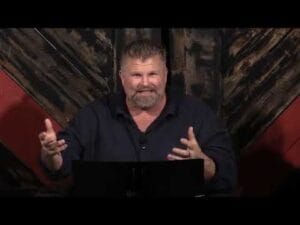
Shawn teaches that Satan and hell are inactive, with Satan's role ending through Jesus. The Mosaic Law revealed sin, but Christ's crucifixion nullified Satan's accusations.

Excommunication is outdated; Shawn argues for personal spiritual discernment over rigid church governance, emphasizing love and tolerance in the eternal Kingdom of God.